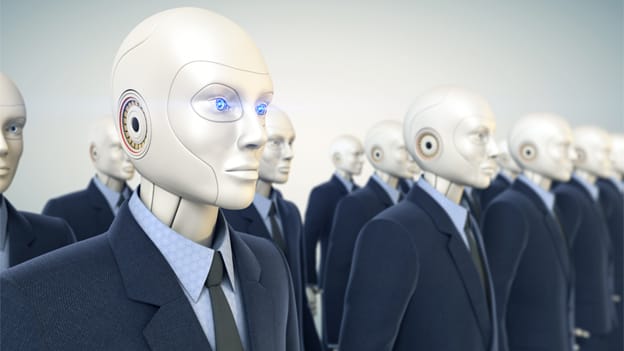APAC staring at job losses due to automation: Report

Underlining the lack of preparedness for the future of work, a new report suggests that technological disruptions will lead to significant job losses in the Asia-Pacific region by the year 2030. The Asia-Pacific region is highly vulnerable, as per the findings of the report by the Pacific Economic Cooperation Council (PECC). The report was unveiled at the Asia-Pacific Economic Cooperation (APEC) Leaders’ Meeting in Papua New Guinea sometime back. The PECC promotes economic and policy cooperation in the APAC region and the APEC is an inter-governmental platform that consists of 21 member nations.
Containing the results of a survey that quizzed 529 regional policy experts on the developments and challenges unique to the APAC region, here are the top findings of the 13th annual State of the Region report:
Job losses and lack of preparedness
- Advancements in technology will impact more than half of the workforce in Asia, and up until the year 2030, one can expect more losses than gains in employment opportunities.
- 64% of the respondents expect a dip in the number of clerical roles; 59% predict a reduction in plant and machine operations staff; 58% believe that the number of labourers in mining, construction, manufacturing, and transportation will go down; and 56% think that employees in personal services and sales roles will reduce.
- The labour markets, social security systems, and the education systems – all are woefully underprepared to face the challenges that will be brought on by the future of work.
A look into the future of work
- Nearly half the respondents are of the view that there will be ‘surplus’ workers in the same profession by 2030.
- Roles that will witness occupational shortages are science and engineering professionals (59%), elderly care workers (56%), and information and communications technology professionals (55%).
- The skills that will be the hardest to find are critical thinking (75%), complex problem solving (71%), and creativity (61%).
Other findings
The top five risks, identified for regional economic growth, are increased protectionism and trade wars (62.1%); a possible slowdown in world trade growth (43.9%); possible slowdown in the Chinese economy (43.3%); lack of political leadership (36.1%); and corruption (32.7%). It is important to note that experts expect growth in the Indian and the Southeast Asian economy to be stronger than that of the global economy in 2019.
Eduardo Pedrosa, Secretary General of the PECC, says, “The report advises that how well economies adjust to technological change will depend on its capacity to match the skills on offer by all available workers with the skills required. Technological advancement is also expected to create significant occupational and structural change, increasing the quality of workforces while decreasing the quantity required. It is important for policymakers to understand the impact of technology on the nature of work and how to enable smooth, seamless transitions.”
The findings of the report are the latest evidence that business leaders and policy-makers need to make future preparations a top priority. In a disruptive and volatile business environment, businesses and employers won’t be able to perform to their potential as high levels of unemployment will threaten social and economic order. There is an urgent need to work on new work structures and designs that enable human-machine collaboration to ensure that the future of work is equitable and inclusive. As noted by the study, only a collective effort by the labour market, the social security system, and the education system will be able to accomplish the same.















